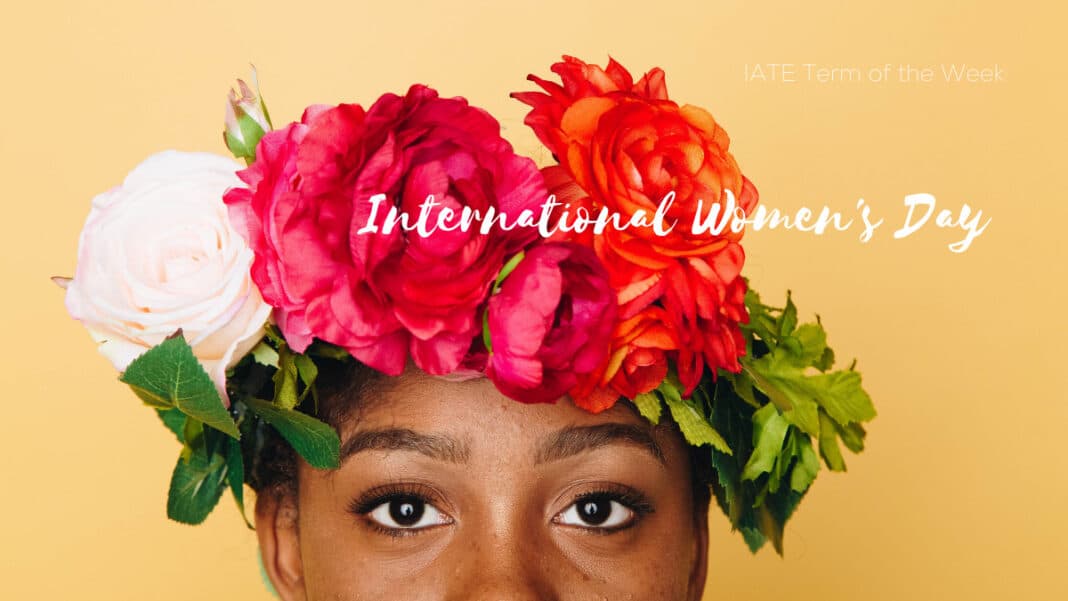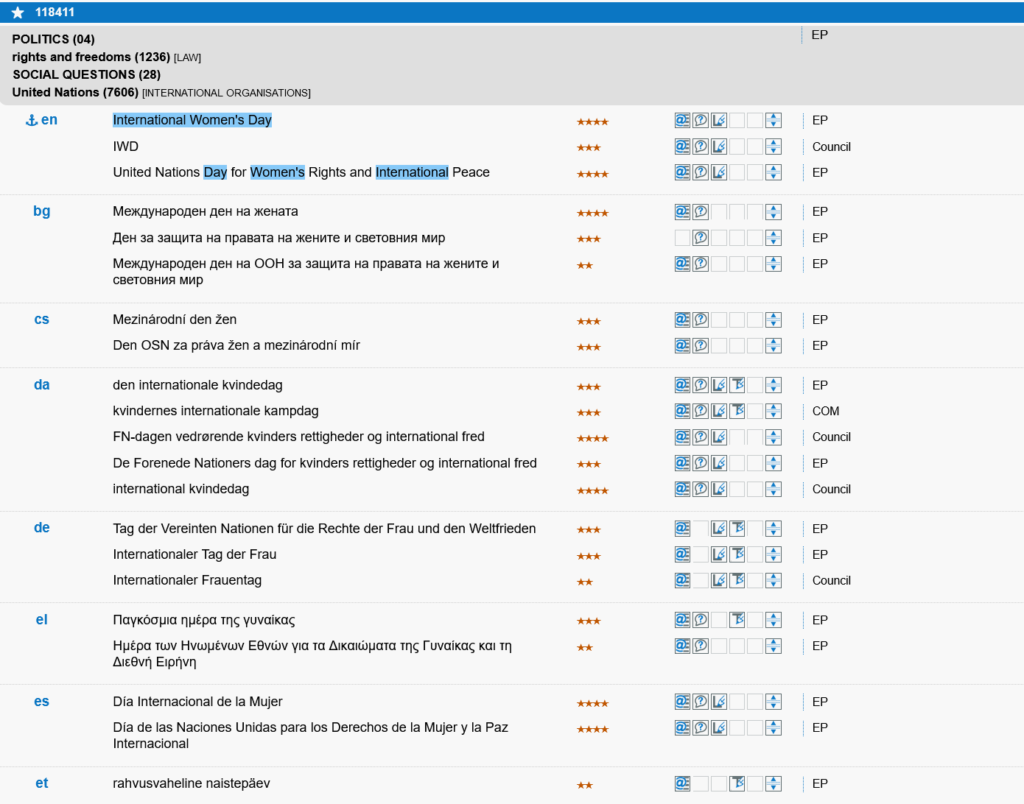The origins of the International Women’s Day
Thousands of women marched through the streets of New York City in 1908, demanding political and economic rights. Female workers protested against child labour, called for better pay, improved working conditions and political representation. A year later, the Socialist Party of America declared the first National Woman’s Day. This is how the history of the worldwide event celebrated on 8 March began.
Not long after, in Europe, a politician and activist, Clara Zetkin, called for a declaration of International Women’s Day. It took place for the first time in Austria, Denmark, Germany and Switzerland in 1911. The date had not been specified until 1917, when Russian women were granted the right to vote by a provisional government after a strike that forced the Tsar to abdicate. The Russian popular revolt started on 23 February in the Julian calendar. The corresponding date in the Gregorian calendar was 8 March.
International Women’s Day 2021
At the beginning of March 2021, the world celebrates the power of womanhood once again. Female energy and resilience come to the fore in International Women’s Day themes in the second year of the pandemic. ‘We are strong: Women leading the fight against Covid-19’. This is the topic of the annual debate in the European Parliament. The Equality, Inclusion and Diversity Unit is organising an online round table on the empowerment of young women and girls. The House of European History prepares online tours to highlight the impact feminism has on our community. The United Nation’s 2021 motto is ‘Women in leadership: Achieving an equal future in a COVID-19 world’.
The international community discusses disproportionate participation in decision-making, recognising the successful crisis response in countries led by women, and bringing female caregivers and scientists fighting the pandemic to the centre of attention.
We see the gender-specific differences in the effects of the health crisis. ‘There is emerging evidence that, while men have been disproportionately affected by the disease itself, women are being more severely hit by the policies introduced to combat it and the social and economic fallout’.1 What are the specific issues women face? Increase in domestic violence, unequally divided childcare duties and unpaid care work, as well as the lack of access to medical help, sexual and reproductive health services included. On top of that, there is the question of female employees’ particular vulnerability to reductions in working hours and unemployment. Both the EU and the UN raise concerns about the pandemic’s negative long-term influence on gender equality efforts. Experts argue that, as we advance, we must make sure that response programs and policies consider the female point of view. In January 2021, the European Parliament passed a resolution on the gender perspective in the Covid-19 era and the post-crisis period. The act is in line with the European Commission’s gender equality strategy for 2020 – 2025. TermCoord works towards the popularisation of women’s right-related terminology in its way. If you would like to learn more, read about our YourTerm FEM project.
Resources
Anastasia Vityazeva. 2021. How did Russian women win the right to vote? – Russia Beyond. [ONLINE] Available at: https://www.rbth.com/society/2015/09/01/how_did_russian_women_win_the_right_to_vote_48911.html. [Accessed 03 March 2021].
BBC News. 2021. International Women’s Day 2021: History, marches and celebrations – BBC News. [ONLINE] Available at: https://www.bbc.com/news/world-56169219.
[Accessed 03 March 2021].
International Women’s Day | FEMM | Committees | European Parliament. 2021. International Women’s Day | FEMM | Committees | European Parliament. [ONLINE] Available at: https://www.europarl.europa.eu/committees/en/femm/international-women-day. [Accessed 05 March 2021].
UN Women. 2021. International Women’s Day 2021 theme – “Women in leadership: Achieving an equal future in a COVID-19 world” | UN Women – Headquarters. [ONLINE] Available at: https://www.unwomen.org/en/news/stories/2020/11/announcer-international-womens-day-2021. [Accessed 03 March 2021].
Photo by Autumn Goodman on Unsplash.

Written by Magdalena Sikorska. She holds a Bachelor in Italian Language and Literature as well as master’s degrees in Journalism and Social Communication and Polish Philology.


